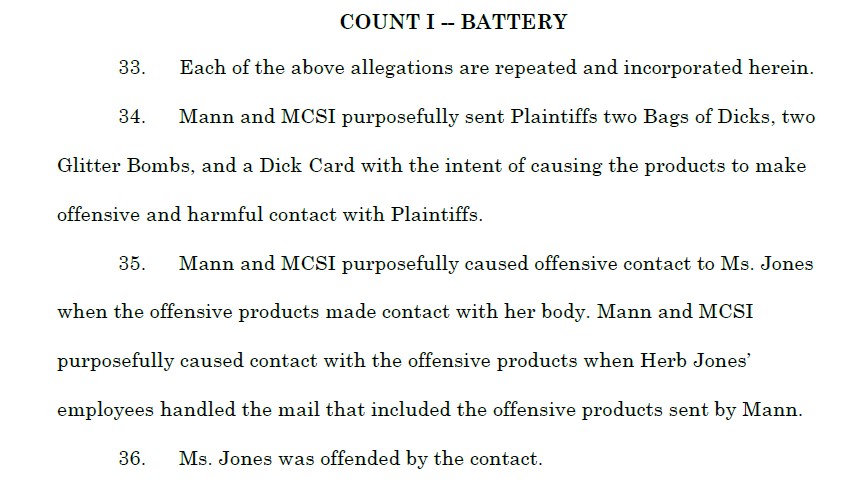Five years after the last one is the perfect time for a new blog post.
Effective July 1, I’ll be joining my alma mater, the criminally underappreciated University of Louisville Brandeis School of Law, as an assistant professor teaching Torts and Lawyering Skills. After five years in the trenches as an undergrad professor teaching legal studies majors to be irreplaceable paralegals or standout law students, I now get to teach the same stuff (and a few of the same students) but at the law school level. What fun!
Of course, that means I’ll be leaving my post as the Managing Attorney for the Kentucky Commission on Human Rights. It is a bittersweet departure. Over the past year and a half I greatly enjoyed my return to practice from academia. Under my watch, the agency’s legal unit filed its first amicus briefs (in any court) in a decade, made its first regulatory updates in thirty years, and closed cases that had inexplicably been left dormant for a long time. Though the agency still suffers from regular budget cuts and staffing shortages (legislative austerity, once reserved for emergencies, is now permanent), it is still doing good work and I’ll be leaving it in a very good place.
As for teaching, I had not truly given it up. Last semester I taught two courses at UofL Law, including Con Law II, easily my favorite class to teach. The semester before I got to teach Employment Law, which was a great refresher on all the aspects of workplace law that I do not normally deal with in my day-to-day work enforcing the Kentucky Civil Rights Act (which deals only with class-based discrimination). But as much as I enjoy teaching as a second job, I’m very happy to be doing it again full time.
UofL Law has done a very bold thing—it has dared to hire one of its own alums to teach doctrinal courses as a tenure-track faculty member. For so many years, law schools have restricted hiring to a very specific kind of candidate and often overlooked their own graduates (even those with exemplary practice experience or academic achievement). No longer, it seems. Earlier this month I attended the AALS conference for new law professors in DC and found myself surrounded by many just like me. And at UofL I’ll be in a class of entering faculty that includes several other alums, including my esteemed former law partner Dan Canon, who I am very excited to be working with again after years apart.
The students will benefit from having increased faculty diversity. There is a place in legal academia not only for graduates of the Top 14 and former federal clerks but also for local lawyers who took a different path to teaching. I once sat in the same seat they sat in, in the same room, at the same school. I practice law in the same city and state they will most likely practice law. I am long-time friends or classmates with many of the people who will interview them for jobs. I wish I had had more professors like those now being hired.
Now back in academia, will I regularly update this site again? Who knows. But if you need me, you know where to find me. See you in the Fall!










